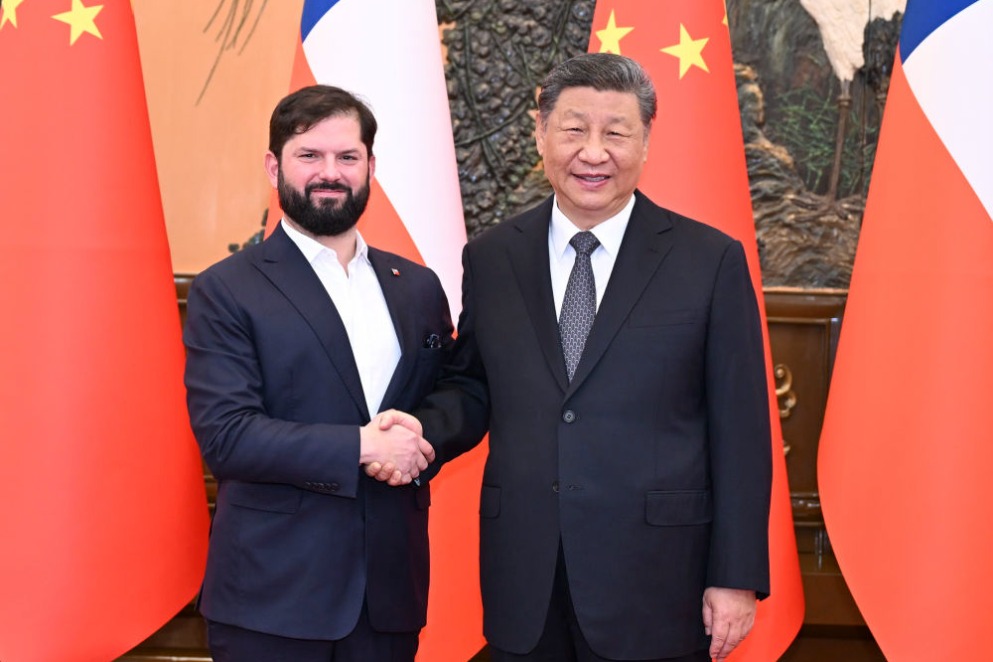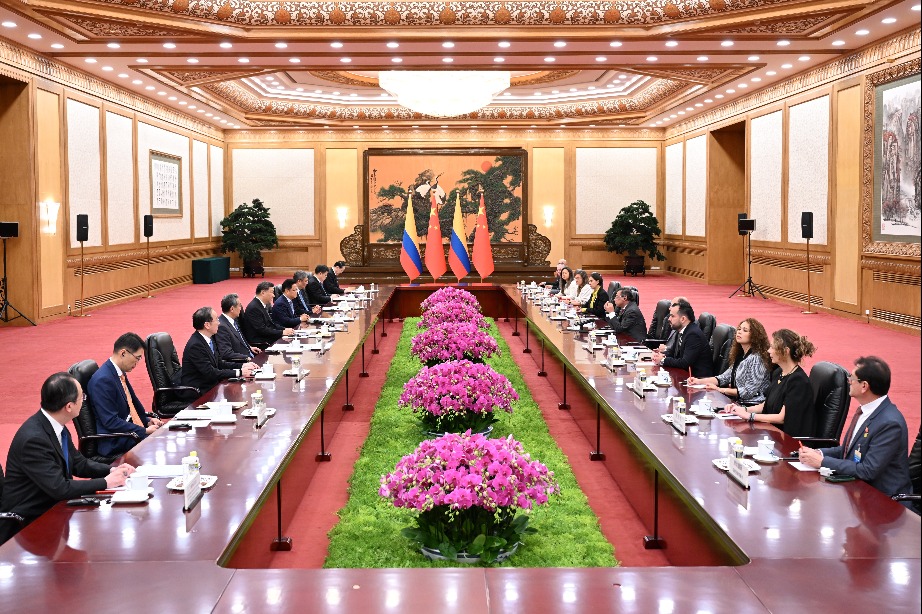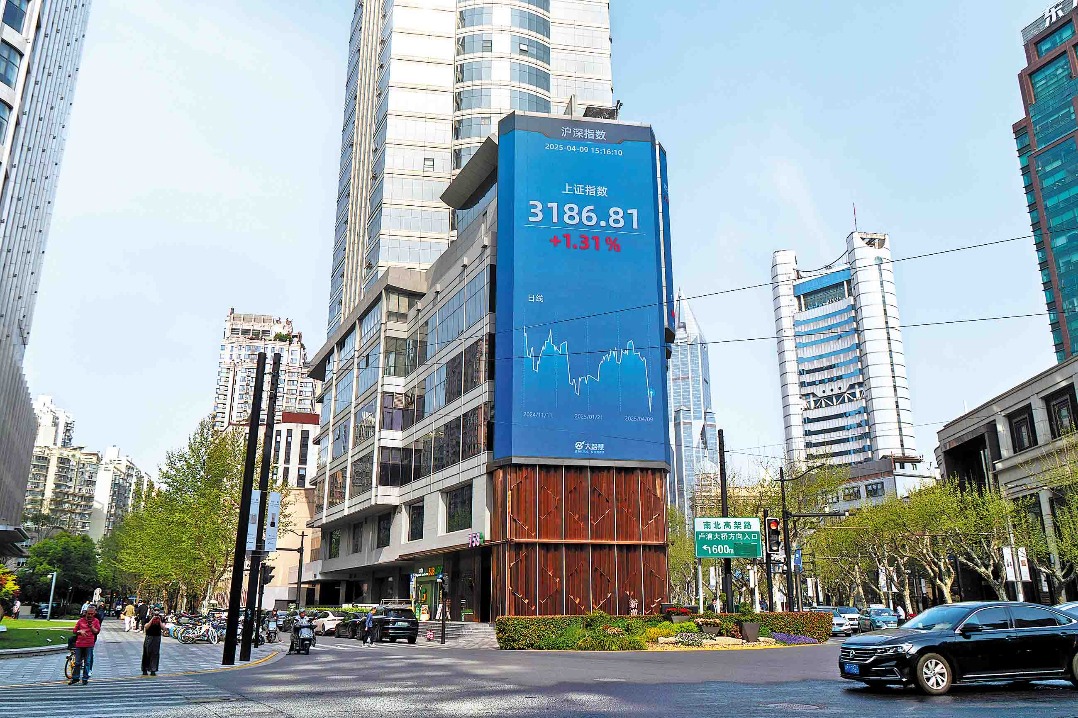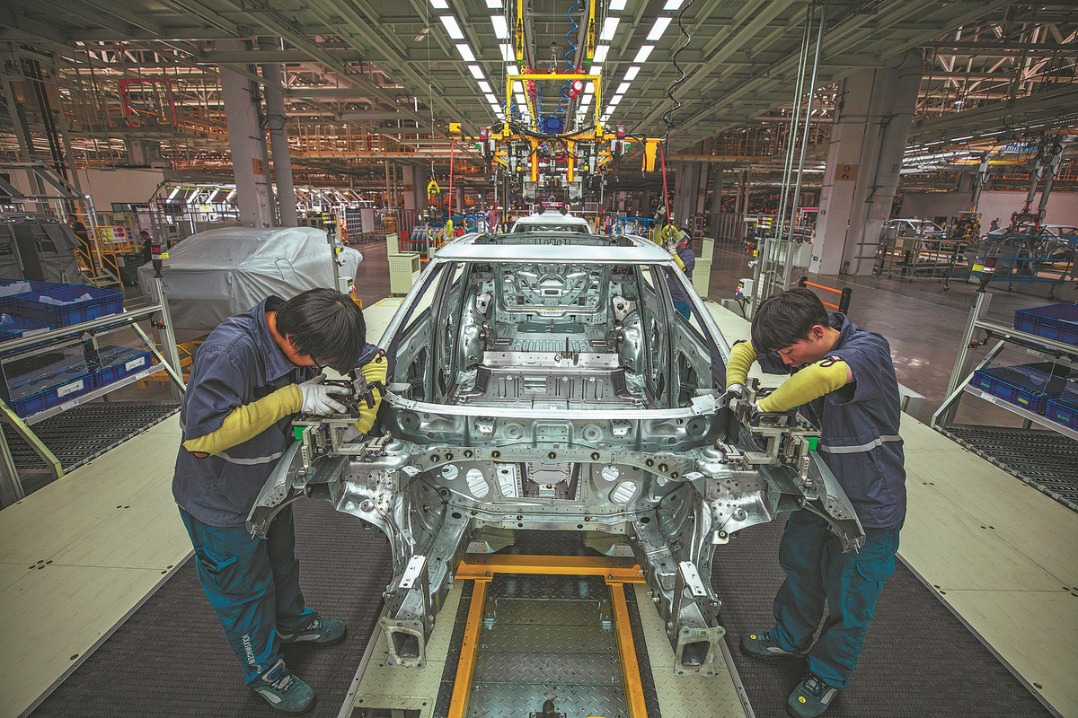Humanitarian crisis in Gaza must end: China Daily editorial

Gaza has become a living hell for the civilian population. As the occupying power, Israel must fulfill its obligations under international humanitarian law by immediately lifting its blockade and restoring full access to supplies. This was the latest call by Fu Cong, China's permanent representative to the United Nations, for urgent actions to bring an end to the humanitarian tragedy in the Palestinian enclave.
Speaking at a UN Security Council briefing on the humanitarian situation in Gaza on Tuesday, Fu said that humanitarian assistance must not be weaponized.
The continued blockade of humanitarian aid into Gaza for almost three months by Israel is putting about 2 million Palestinians at critical risk of famine and extreme levels of food insecurity, according to the Integrated Food Security Phase Classification.
According to the latest report released on Monday by the multi-stakeholder global initiative aimed at enhancing food security and nutrition analysis, 1.95 million people, or 93 percent of Gaza's population, are enduring high levels of acute food insecurity, including 244,000 experiencing "catastrophic" levels, and nearly one in five facing starvation.
Even some Israeli military officials have privately concluded that Palestinians in Gaza face widespread starvation unless aid deliveries are restored within weeks, according to reports.
Israeli officials have proposed that private organizations distribute food from a handful of sites in Gaza, which would each serve several hundred thousand civilians.
But that plan has been dismissed by aid agencies, including the UN Office for the Coordination of Humanitarian Affairs, which said it would not join the initiative because it would place civilians at greater risk.
The UN warned that the plan would force civilians to regularly pass through Israeli military lines, putting them at greater risk of detention and interrogation. It added that the plan would accelerate the displacement of civilians from northern Gaza, because the distribution centers were expected to be located far away in the south of the territory.
Israeli officials confirmed that the plan, if enacted, would help the military to intercept Hamas militants and move civilians from northern to southern Gaza. But they said the aim was not to increase civilian hardship but to separate civilians from Hamas fighters.
US President Donald Trump is now on a visit to the Middle East. As the country with the most influence on Israel, it should uphold a fair and responsible attitude and use its leverage to pressure Israel into lifting its blockade or else making a deal with the UN to allow humanitarian aid into Gaza and ensure its distribution as early as possible to ease the humanitarian crisis.
For Israel, its blockade of humanitarian assistance is an instance of the ends justifying the means, and there is no sign that it is likely to ease its blockade.
Instead, it has vowed to dramatically expand the war in Gaza to destroy Hamas and bring back the remaining hostages — twin aims that more than 19 months of war have yet to achieve.
On Tuesday, Israeli Prime Minister Benjamin Netanyahu was defiant, and said the military would resume fighting in the coming days "in full force to finish the job" and "eliminate Hamas".
Prolonging the fighting will only lead to more deaths and the worsening of the humanitarian crisis. Gaza has become the most dangerous place for humanitarian workers, with more than 400 humanitarian workers killed in the current conflict. China urges Israel to immediately cease its military attacks in Gaza.
The war against Hamas is one thing, humanitarian aid to the Palestinian people in Gaza another. Both Hamas and Israel should be aware that it is wrong for either side to take Palestinian civilians in Gaza as hostages for their political and military purposes.































